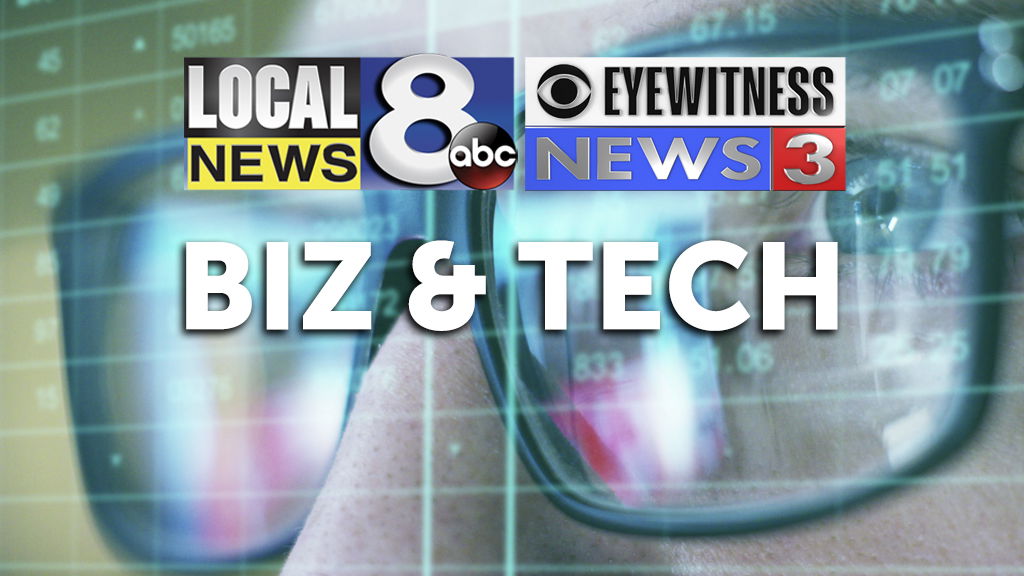Most gig workers paid sick leave under new Seattle law

By GENE JOHNSON
Associated Press
SEATTLE (AP) — Most gig workers in Seattle will be permanently entitled to paid sick leave and safe time under a first-in-the-nation law signed by Seattle Mayor Bruce Harrell on Wednesday. The measure expands pandemic-era protections and strengthens labor rights for app-based workers.
Seattle previously allowed food delivery workers to accrue paid sick and safe time, but that policy was due to expire May 1, six months after the end of the emergency order imposed by the city during the coronavirus pandemic.
The City Council voted unanimously Tuesday to make it permanent for “on-demand” gig workers on apps such as DoorDash, Postmates and Instacart.
“A healthy workforce leads to a healthy community, and no one should have to choose between taking a sick day to care for themselves — or their families — and making rent,” Harrell said.
The measure also expands the categories of workers covered by the policy beyond food delivery, to include those who work for car wash or other apps. Workers who set their own rates, such as those on some pet-sitting apps, will not be covered, however.
Drivers for transportation companies such as Uber and Lyft already earn paid sick and safe time through a state law signed by Democratic Gov. Jay Inslee last year.
Seattle in 2012 became one of the first cities to require businesses to provide paid sick leave for gig workers when they have medical appointments or need to help care for a sick relative, and safe leave if they need to care for themselves or a family member because of domestic violence, stalking or sexual assault.
The city expanded the law to cover app-based food delivery workers in 2020, citing the danger many were exposing themselves to so they could earn money for rent or other expenses. Some companies failed to comply; Postmates agreed to pay nearly $1 million after denying workers in Seattle sick time.
Making the policy permanent is the latest in a string of victories for labor advocates in the city. The council last spring approved a bill guaranteeing app drivers minimum pay and mileage.
In an emailed statement, Instacart suggested the measure was “misguided.”
“Instacart is willing to work with any policymaker that prioritizes the health and safety of shoppers who choose to earn income through our platform,” it said. “However, at a time of high inflation and tightening household budgets, it is critical that policymakers also take into account the rising financial burden their misguided policy proposals could have on their constituents.”
Nationally, President Joe Biden’s administration has proposed new standards that could make it more difficult to classify millions of workers as independent contractors and deny them minimum wage and benefits.
“I’ve heard from workers on these apps for years that … being forced to work through injuries and sickness was always a huge challenge,” Joel Shapiro, co-founder of the Seattle-based grocery-delivery app Dumpling, told the council. “All workers should have the ability to take sick time when needed, no matter what kind of work they do.”
City Council Member Teresa Mosqueda, who sponsored the measure, thanked the workers for their efforts.
“Our city needs to be taking care of you the way that you’ve taken care of our families,” Mosqueda said before the bill signing. “If the pandemic has taught us anything, it’s that we need to protect workers on the front line, protect their health, because your health is good for the population’s health.”
Under the law, workers will accrue one day of paid sick or safe time for every 30 days they make a work-related stop in Seattle. They would be paid their average daily compensation for each calendar day they worked in Seattle over the previous 12 months.
Maria Hernandez, who has worked for apps delivering food since 2019, testified before the council Tuesday that when she had surgery for breast cancer in 2021, doctors told her to take three months off to prepare for radiation. But she had little money in the bank and returned to work after just one month; her company insisted the paid sick leave was only for COVID-related illness, she said.
“This new permanent law will help create more than a free day for anyone who is sick,” she said. “It will give us tranquility and some peace in our hearts.”
